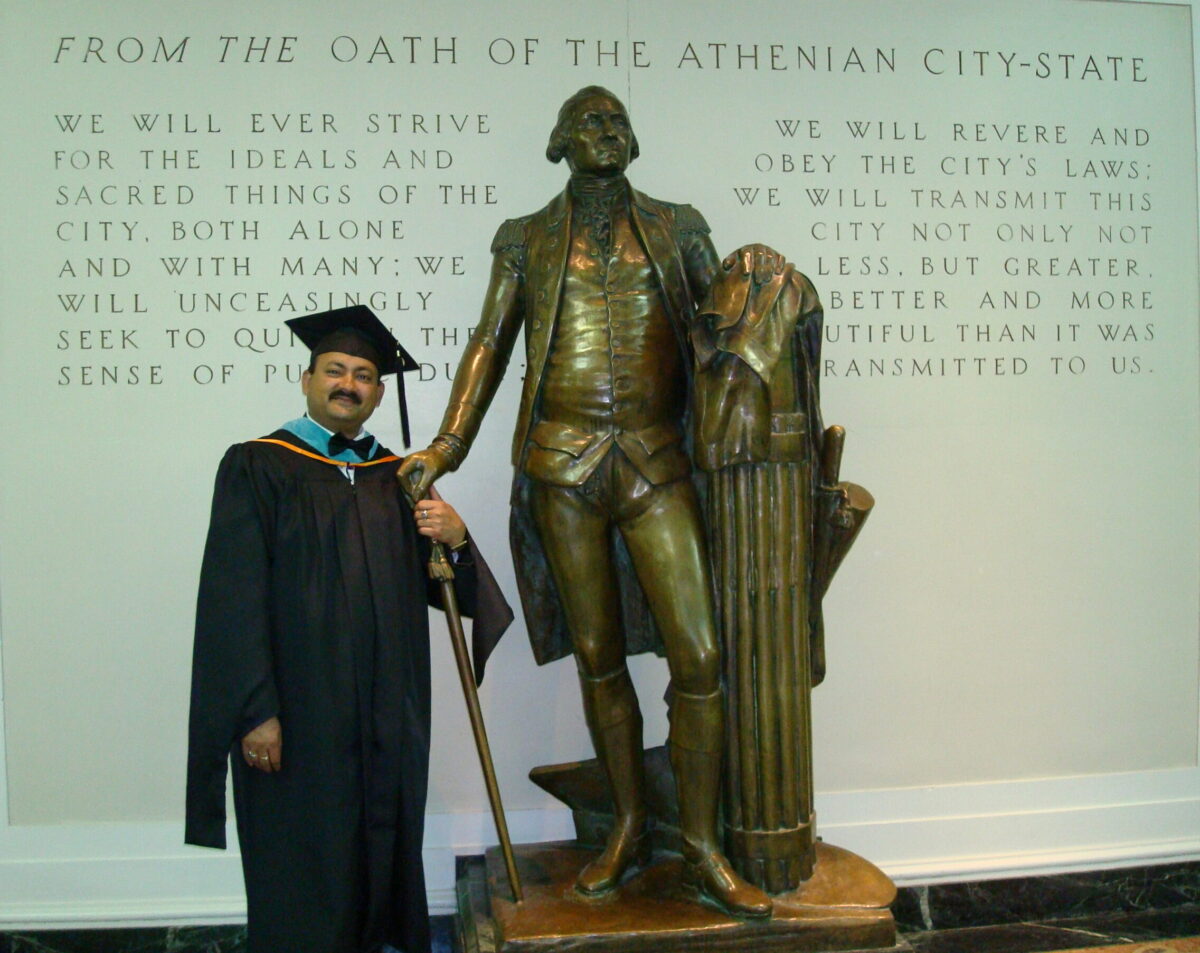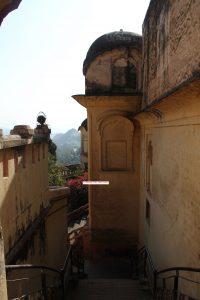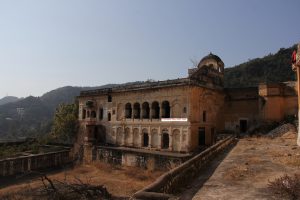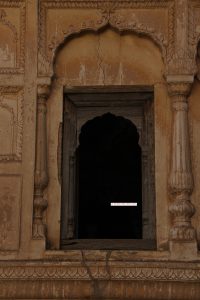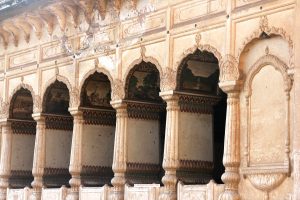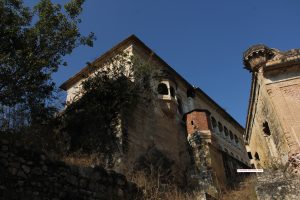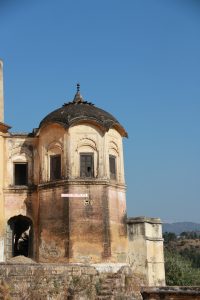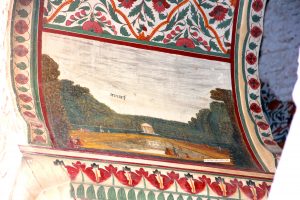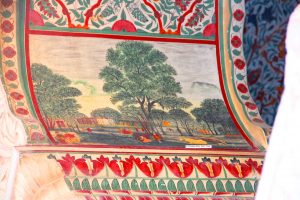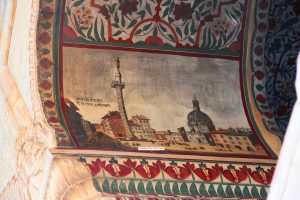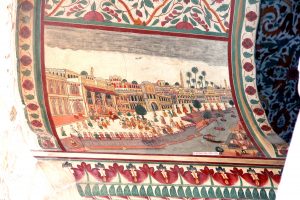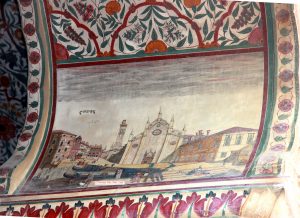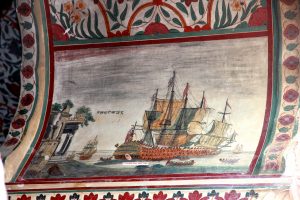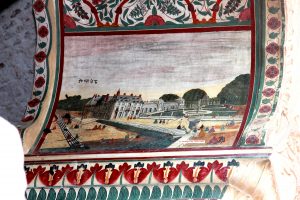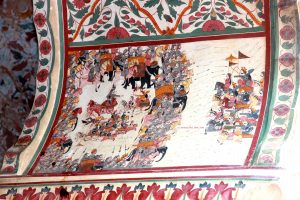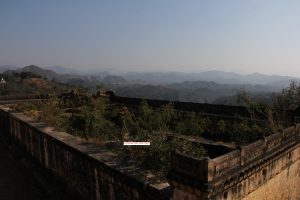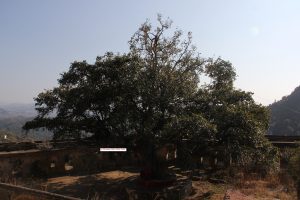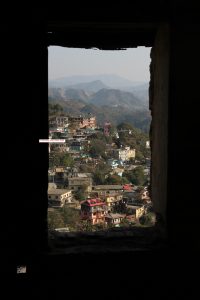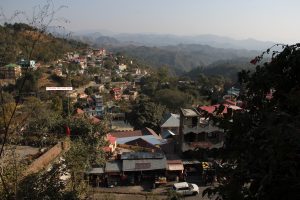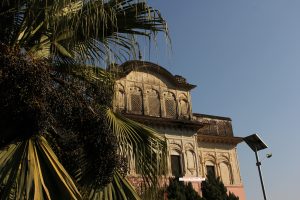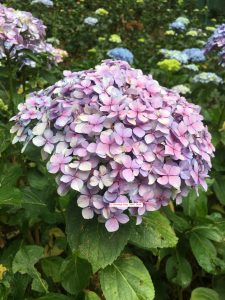What goes into the making of your cup of TEA?
Tea, the cup of multipurpose uses! From political, spiritual discussions to head ache relief, tea is sometimes had just like that, as a tradition of family getting together or public socializing.
Have you ever wondered what time, labour, machine work, packaging that goes into getting you the cup of tea? Or as we once enacted the play, “Tup of Twee !”
Bringing you an insight that is worth a watch!

Tea Garden in the Himalayas!

Plucking the tea !

Withering of tea leaves !

Rolling

Drying Process

Sieving


Segregating

Finally, the golden cup of tea!
George Orwell’s eleven “golden” rules for the ultimate tea experience, is a delight for the person who loves his/her cup of tea!
(Quote): “When I look through my own recipe for the perfect cup of tea, I find no fewer than eleven outstanding points. On perhaps two of them there would be pretty general agreement, but at least four others are acutely controversial. Here are my own eleven rules, every one of which I regard as golden:
First of all, one should use Indian or Ceylonese tea. China tea has virtues which are not to be despised nowadays — it is economical, and one can drink it without milk — but there is not much stimulation in it. One does not feel wiser, braver or more optimistic after drinking it. Anyone who has used that comforting phrase ‘a nice cup of tea’ invariably means Indian tea.
Secondly, tea should be made in small quantities — that is, in a teapot. Tea out of an urn is always tasteless, while army tea, made in a cauldron, tastes of grease and whitewash. The teapot should be made of china or earthenware. Silver or Britannia ware teapots produce inferior tea and enamel pots are worse; though curiously enough a pewter teapot (a rarity nowadays) is not so bad.
Thirdly, the pot should be warmed beforehand. This is better done by placing it on the hob than by the usual method of swilling it out with hot water.
Fourthly, the tea should be strong. For a pot holding a quart, if you are going to fill it nearly to the brim, six heaped teaspoons would be about right. In a time of rationing, this is not an idea that can be realized on every day of the week, but I maintain that one strong cup of tea is better than twenty weak ones. All true tea lovers not only like their tea strong, but like it a little stronger with each year that passes — a fact which is recognized in the extra ration issued to old-age pensioners.
Fifthly, the tea should be put straight into the pot. No strainers, muslin bags or other devices to imprison the tea. In some countries teapots are fitted with little dangling baskets under the spout to catch the stray leaves, which are supposed to be harmful. Actually one can swallow tea-leaves in considerable quantities without ill effect, and if the tea is not loose in the pot it never infuses properly.
Sixthly, one should take the teapot to the kettle and not the other way about. The water should be actually boiling at the moment of impact, which means that one should keep it on the flame while one pours. Some people add that one should only use water that has been freshly brought to the boil, but I have never noticed that it makes any difference.
Seventhly, after making the tea, one should stir it, or better, give the pot a good shake, afterwards allowing the leaves to settle.
Eighthly, one should drink out of a good breakfast cup — that is, the cylindrical type of cup, not the flat, shallow type. The breakfast cup holds more, and with the other kind one’s tea is always half cold before one has well started on it.
Ninthly, one should pour the cream off the milk before using it for tea. Milk that is too creamy always gives tea a sickly taste.
Tenthly, one should pour tea into the cup first. This is one of the most controversial points of all; indeed in every family in Britain there are probably two schools of thought on the subject. The milk-first school can bring forward some fairly strong arguments, but I maintain that my own argument is unanswerable. This is that, by putting the tea in first and stirring as one pours, one can exactly regulate the amount of milk whereas one is liable to put in too much milk if one does it the other way round.
Lastly, tea — unless one is drinking it in the Russian style — should be drunk without sugar. I know very well that I am in a minority here. But still, how can you call yourself a true tea-lover if you destroy the flavour of your tea by putting sugar in it? It would be equally reasonable to put in pepper or salt. Tea is meant to be bitter, just as beer is meant to be bitter. If you sweeten it, you are no longer tasting the tea, you are merely tasting the sugar; you could make a very similar drink by dissolving sugar in plain hot water.
Some people would answer that they don’t like tea in itself, that they only drink it in order to be warmed and stimulated, and they need sugar to take the taste away. To those misguided people I would say: Try drinking tea without sugar for, say, a fortnight and it is very unlikely that you will ever want to ruin your tea by sweetening it again.
These are not the only controversial points to arise in connexion with tea drinking, but they are sufficient to show how subtilized the whole business has become. There is also the mysterious social etiquette surrounding the teapot (why is it considered vulgar to drink out of your saucer, for instance?) and much might be written about the subsidiary uses of tea leaves, such as telling fortunes, predicting the arrival of visitors, feeding rabbits, healing burns and sweeping the carpet. It is worth paying attention to such details as warming the pot and using water that is really boiling, so as to make quite sure of wringing out of one’s ration the twenty good, strong cups of that two ounces, properly handled, ought to represent.” (Unquote)
Reading the tea leaves
Reading the tea leaves has been not only a favourite pastime but, an indulgence of the tea table! I bring to you some pieces from Literature in English those celebrate the tea !
The Portrait of a Lady: “Under certain circumstances,” declares Henry James at the opening of The Portrait of a Lady, “there are few hours in life more agreeable than the hour dedicated to the ceremony known as afternoon tea.”
The Mad hatter’s tea party (1865): “By the middle of the 19th century, the ceremony of tea had become so central to Victorian society that a short-lived periodical called The Anti-Teapot Review parodied so-called “Teapotism”. Lewis Carroll took aim at tea-table tittle-tattle with the Mad Hatter’s Tea Party in Alice’s Adventures in Wonderland.
“Take some more tea,” the March Hare said to Alice, very earnestly.
“I’ve had nothing yet,” Alice replied in an offended tone, “so I can’t take more.”
“You mean you can’t take less,” said the Hatter. “It’s very easy to take more than nothing.”
The Importance of Being Earnest (1894): “Wilde is at his most brilliant when taking the customs of the upper middle classes and subverting them: Algernon’s usurpation of the female tea-table in the opening scene of The Importance of Being Earnest is not just a consummate performance, it’s also a crucial indicator of his decadent aestheticism (something which many critics of the time saw as effeminate). After Algy scoffs all the cucumber sandwiches prepared for Aunt Augusta in the opening scene, the second act revolves completely around a tea scene: Cecily and Gwendolen both assert their engagement to a man named “Ernest”, during which tea descends into an elaborate war of excessive politeness (“Destestable girl! But I require tea!”, muses Gwendolen). At the end of the act, after Algy and Jack have been caught in their masquerades and are left to stew, Algy drowns his sorrows: “I haven’t quite finished my tea yet! And there is still one muffin left.”
The Love Song of Alfred J Prufrock (1915):”Prufrock may have measured out his life in coffee spoons, but the crisis of TS Eliot’s groundbreaking poem is actually all about tea: “Should I, after tea and cakes and ices,/ Have the strength to force the moment to its crisis?” Of course, as the paralysed Prufrock finds, tea still leaves plenty of time to bottle it – “Time for you and time for me,/ And time yet for a hundred indecisions,/ And for a hundred visions and revisions/ Before the taking of toast and tea.” Needless to say he can’t summon the courage and consoles himself afterwards with the doubt that “After the cups, the marmalade, the tea,/ Among the porcelain, among some talk of you and me,/ Would it have been worth while …”
And so, let’s have a cup of tea!
